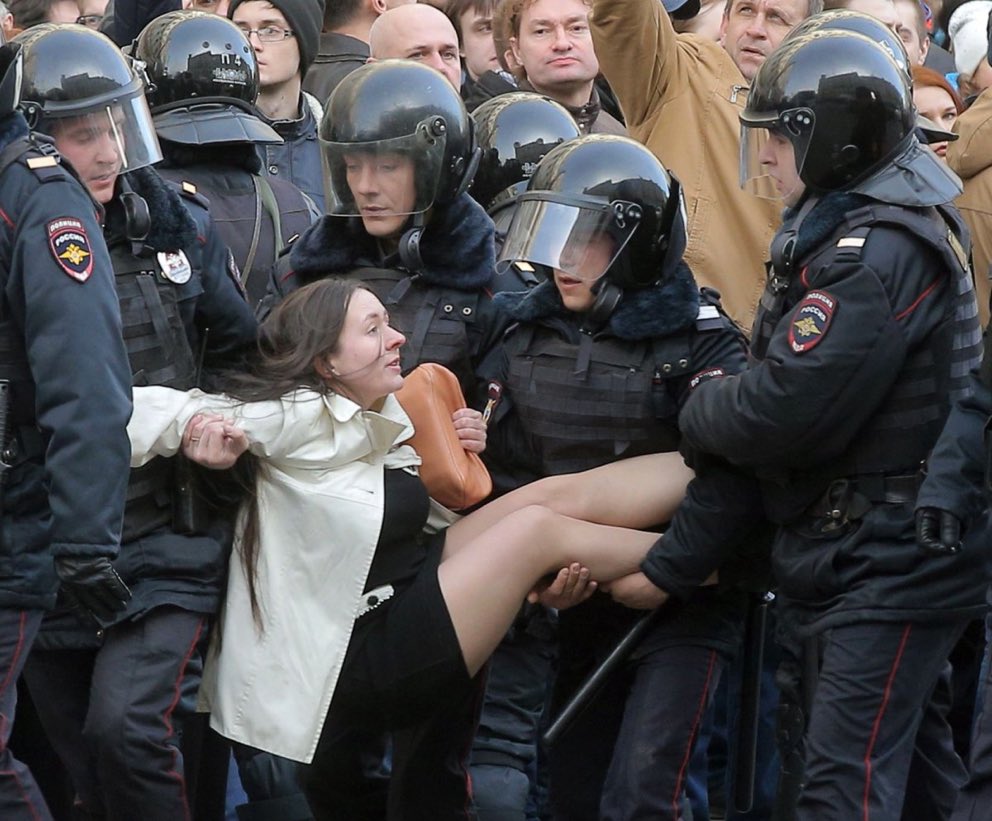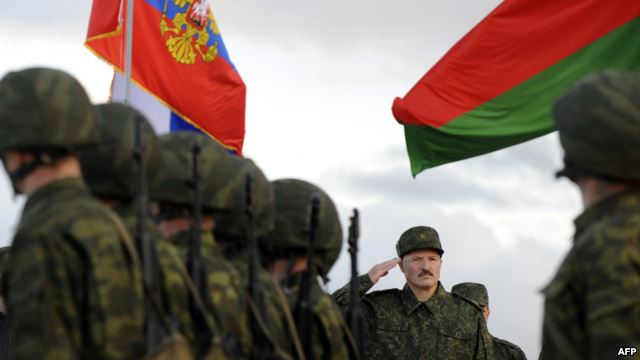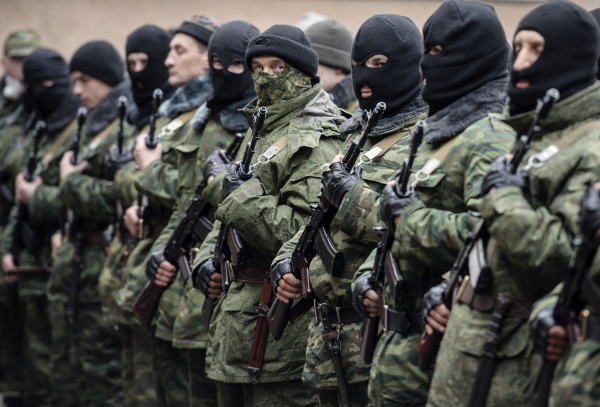
The anti-corruption protests in Russia and the anti-vagrants tax ones in Belarus are “the direct result of the end of the social contract” between the regimes and the population, itself the result of “a general crisis in the post-Soviet space” that has emerged as a result of “the final exhaustion of Soviet economic resources,” Vitaly Portnikov says.
Georgia passed through this crisis several years ago, the Ukrainian commentator says, but now along this difficult path is moving “not post-Soviet but post-Maidan Ukraine.” The time has come for Russia and the others, because, as Russian prime minister Dmitry Medvedev stated, there no longer is any money to do otherwise.
These social contracts vary in details among these states, he says; and in Ukraine there have been as it were “two contracts. One of them, the preservation of statehood and sovereignty, was connected with the interests of the west and center of the country. The other, social, above all was connected with the interests of the east and south.”
Former Ukrainian president Viktor Yanukovych broke the first contract by stopping the process of European integration, and Ukrainians rose in revolt in 2013-2014. The second, social contract, has not been restored up to now. But those who live in the second paradigm don’t have “the potential for revolt” that the central and western parts of the country do.
Now that Russians and Belarusians are beginning to recognize this and are turning to politics, he continues, the authoritarian regimes in Russia and Belarus are responding as one would expect: “with repressions” because “they do not know any other methods” to try to suppress public anger.
But over the longer term, “such methods can be effective only if there is sufficient money to fulfill the social contract.” And as of today, neither government has a sufficient amount of funds to do so. Thus, both Russia and Belarus are entering into am ever-worsening downward “spiral” of events that will lead to versions of “‘the Arab spring’ and (or) civil war.”
The future of Belarus is certain to be very different, Portnikov argues. There, Lukashenka’s regime will collapse and the country will move in a European direction either immediately or after a relatively brief Russian occupation, which will “only increase the future gap between these two countries” as the experience of Russia with Ukraine has shown.
“But in Russia itself,” it is a mistake to speak about one single trend common to the entire country. There, things will vary region by region, not just among the non-Russian republics but also among what are now de facto Russian ones, in which “completely independent state machines are functioning.”
The complexity of the country means, Portnikov argues, that it is completely impossible to predict the shape of the collapse, its chronology, the future borders of Russia and “the very model of rule of this country or countries.” But it is obvious already that the breakdown of the social contract in Russia will, as it always has, lead “to a revolt and the collapse of the state.”
It is somewhat perverse that one has to remind Russians and Russian rulers of this in the centenary year of the 1917 revolutions, Portnikov suggests, but clearly “the Russian powers that be – like the Bourbons after the restoration – have forgotten nothing and learned nothing either.”
Related:
- Russia brings only poverty
- Post-Soviet Russian empire entering ‘second phase’ of disintegration, Lukyanenko says
- Post-Soviet states built the Soviet-style caricature of capitalism, Ukrainian commentator says
- Ukraine – first element of crisis to affect entire post-Soviet space, Portnikov says
- ‘Feudal stability’ in post-Soviet states points to collapse and chaos ahead, Portnikov says








